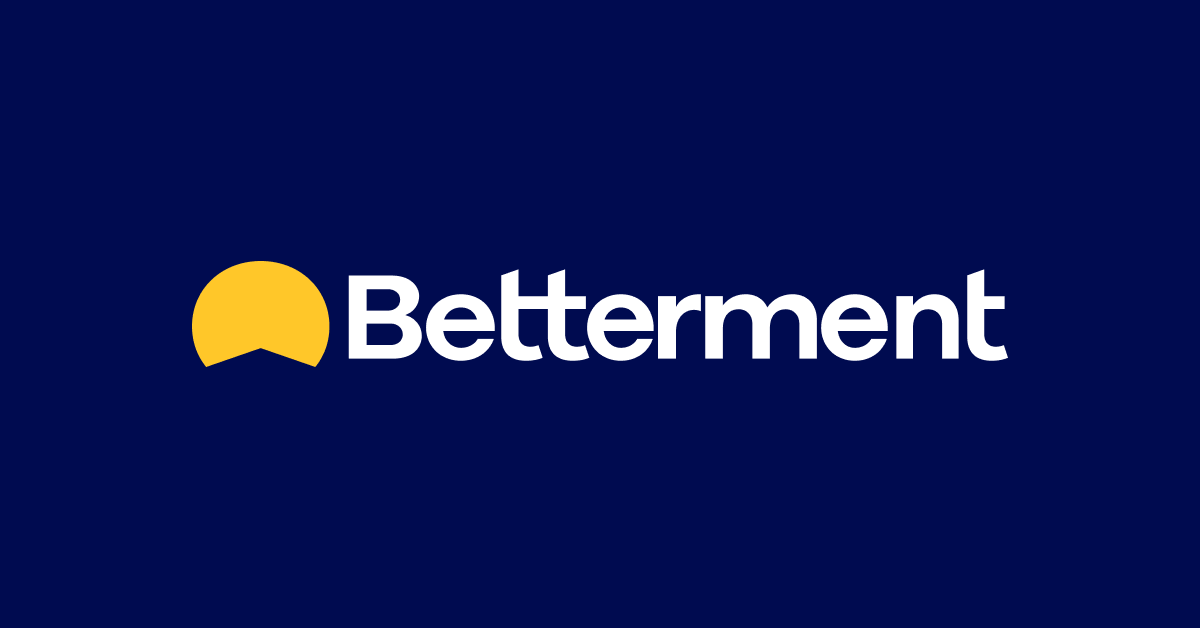Betterment is an American financial advisor company which provide robo-advising and cash management services.
Contributors:
- Somya Panda
- Contributor 2
- What is the background of your company? What do they do? Who are their competitors?
Betterment is a so-called robo-advisor for the retail market. Betterment is a robo advisor that uses computer algorithms to generate personalized advice and manage your investment portfolio. It is designed so that you have access to a lot of automated options. Like all financial advisors for individuals, Betterment manages their investment portfolios, which, in Betterment’s case, consist entirely of exchange traded (mutual) funds or ETF’s. Betterment and other robo-advisors differ from traditional financial advisors, first, in the way the customer interacts with them, and, second, in the way the portfolios are constructed.
Their competitors are the traditional advisors, Personal Capitals, Wealthfront, Robinhood, Fidelity, Vanguard.
Difference Between Betterment and Traditional Advisor
Traditional advisor conduct a personal interview to determine the customer’s risk tolerance, the Betterment robo-advisor presents the customer with a series of questions on their website. The robo-advisor’s software would then quantify that risk tolerance and use it to compute an optimal portfolio, constrained by the quantified risk tolerance.
-
How does this company use technology to their advantage? Why are they considered a FinTech company?
- Traditional advisors, especially advisors working with individuals, do not quantify their customers’ risk tolerance. This prevents them from constructing portfolio using the theories of quantitative finance, most notably the Black-Litterman model. However, Betterment does.
- Betterment uses sophisticated techniques to minimize the taxes due from the income on the portfolio.
- Betterment uses Modern Portfolio Theory.
-
Why is this company exemplary in the FinTech space? What are their strengths and weaknesses?
- Betterment exemplary in the FinTech space because Betterment use new tech that seeks to improve and automate the delivery and use of financial services.
- Betterment, utilize algorithms to automate investment advice to lower its cost and increase accessibility.
Strengths:
- Simple Asset Allocation—Betterment teaches the ropes to invest and, more importantly, proper asset allocation.
- Low Management Fees—A flat-rate 0.25% annual fee for Betterment's automated service. 0.40%/year for its advisor service.
- Perfect for Young Investors—Betterment makes investing accessible to young investors by automating the investing process.
- Tax-Coordinated Portfolio—With tax and tax-deferred accounts at Betterment, it's possible to minimize the taxes you pay while investing.
- RetireGuide Calculator—An easy-to-use retirement planner tool, although not as comprehensive as Personal Capital's Retirement Planner.
- Flexible Portfolios—If you have $100,000 or more to invest, you can use Betterment's Flexible Portfolios to customize your asset allocation.
- Analyze Accounts Beyond Betterment—Betterment will now let you analyze the retirement savings accounts you have outside its platform. This aggregation can help you keep your portfolios straight and well maintained.
- Personalized Advice Packages—Betterment now offers advice packages created to answer your pressing financial questions, from getting started to retirement planning.
- Goal-Based Investing—Betterment lets you align your investments -- including those outside the platform -- to your specific financial goals.
Weaknesses:
- Not for DIYers—For advanced, high-net-worth investors who want to do it themselves, Betterment might not be the perfect fit. If you can roll your own asset allocation and know investment theory, there's little need for using a service like Betterment. In addition, you may need tax advice, which Betterment cannot offer.
- Cannot Asset-Allocate With External Accounts—he biggest limitation of Betterment (and most other robo advisors) is it can manage only accounts at Betterment. While Betterment can display your 401(k) plan, it cannot create an overall asset allocation plan with your 401(k) in mind.
- No REITs or Commodities—Betterment does state these asset classes don't increase returns, but from some research, we've seen they do decrease volatility.
-
What is the prognosis for this company? Where do they expect to be in the future?
- Betterment has risen to the forefront as one of the biggest Robo-investing platforms in the industry. Betterment is one of the largest independent robo-advisors, and the speed at which it has been able to attract clients and assets is impressive. With a focus on the end-user, Betterment aims to provide users with a holistic plan to help them maximize their portfolios and meet their goals. If you're looking for strategies for improving all of your investment portfolios, Betterment might be a great fit for you.

